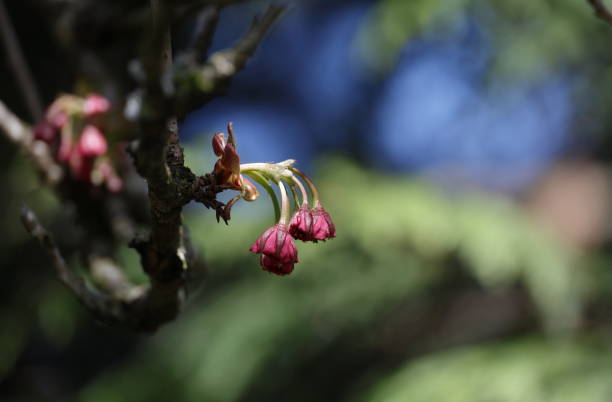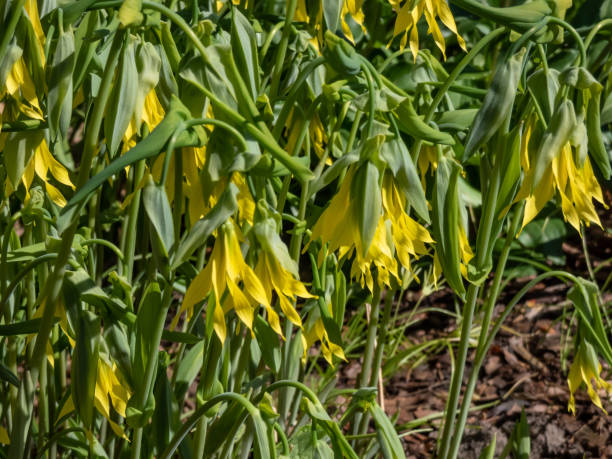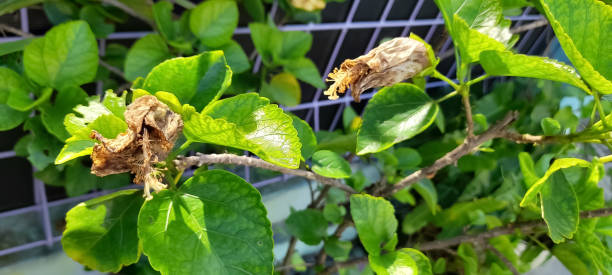Do you ever look at plants and wonder why they aren’t flowering? No matter the flowers you are growing you are always looking forward to a stunning show to reward your efforts. Sometimes this happy outcome is far from guaranteed and there are many reasons why.

Image Credit: Unsplash
Reasons why your plants aren’t flowering
Plants are still too young
Many perennial plants only flower when they’re well established, especially fruiting plants. Most fruit trees will take from two to five years to blossom. Easy-to-grow annuals need time to establish their root systems, stems and leaves before they’ll develop flower buds.
These flower buds usually bloom after 4 to 5 weeks. The best thing you should do is give them the right growing conditions and allow nature to take its course.
Planting in the wrong place
If you plant sun-loving plants in a shady spot, they’ll get leggy with few or no flowers. Before planting any plants, understand their growing condition, whether they a sun-loving plants or not.
Although some flowering plants can tolerate shade, the majority need a good period of direct sunlight each day to power the development of flowers. Growing plants in a too-dark area is one of the most common causes of flowering failure causing you to have underdeveloped flowers.
Lack of water
Plants deprived of water won’t waste resources on spectacular showy blooms. Water-stressed plants may still grow a few small buds that remain closed, and will soon start drooping without full development. If you see this happening, it is a sign to consider a new watering routine for your plants.
Pruning problems
It’s essential to prune plants at the right time of the year or you may be removing the growth that bears that season’s flowers. Most plants are pruned during their dormancy stage just before spring.
Your plants may take a long time to recover if pruned at the wrong time. Keep pruning at the right times of year for bountiful blooms. Try to prune lightly and often to avoid shocking your plant.
Poor fertilization
While good nutrition is essential for a full flowering display, most plants will still produce some blooms even if they’re underfed. Understand when to fertilize because too much fertilizer can cause plants to become green and leafy, without flowers.

Image Credit: Unsplash
Flowering plant species are meant to bloom and if they don’t, there is a problem. Fortunately, most problems are easily solvable to ensure better results for your plants.
ALSO SEE:
Feature Image: Unsplash

